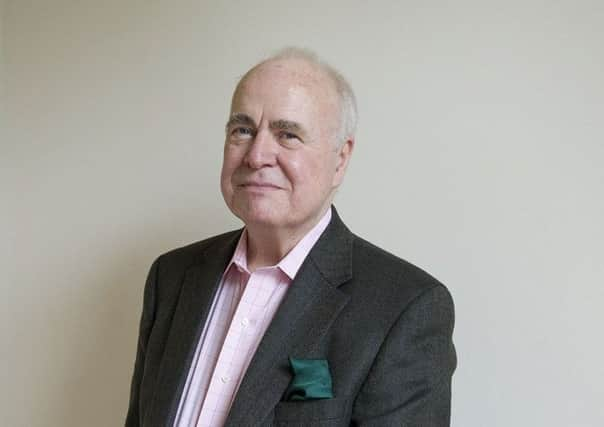How a Scotsman editor pushed Hugh McIlvanney into sports writing


When he moved on to join The Scotsman, Hugh very much saw his future as a hard-nosed news reporter.
Impressed by the observational skill and assured prose style of the twenty-something reporter, Dunnett, however, encouraged the newcomer to use the Kodachrome colour palate of the feature writer rather than the monochrome range of the newsman.
Advertisement
Hide AdAdvertisement
Hide AdDuring the trial of Peter Manuel, the serial killer who murdered at least seven victims in Lanarkshire and the south of Scotland during the late fifties, Hugh was charged with writing a daily sketch depicting the court proceedings.
Hugh’s enjoyment of the challenge was sufficient to convince the apprentice that he’d found his true calling. Dunnett, however, had other ideas and tried to persuade the prodigy he should switch to sport and become a football reporter. McIlvanney was stubbornly reluctant. “Who wants to write about ‘fitba?’” he retorted.
Not prepared to be deflected, Dunnett sought to open Hugh’s eyes to the majesty of sportswriting by lending him a copy of AJ Liebling’s “The Sweet Science”, one of the most notable of all American boxing books, which transported the reader ringside with Joe Louis, Rocky Marciano and Sugar Ray Robinson.
Now aware that sportswriting could aspire to rub shoulders with Shakespeare as well as canoodle with The Broons, Hugh took the leap onto the sports pages of The Scotsman. By the spring of 1960, he relished the chance to cover the European Cup final between Real Madrid and Eintracht at Hampden.
Ian Wood, a fine writer himself, was on the desk in Edinburgh subbing McIlvanney’s copy that spring evening. In a portent of what would be a life-long pursuit of perfection, fuelled by a typically Caledonian fear of failure, Hugh was unhappy with his match copy and wanted to re-write. Woody saw it differently and felt the brilliant urgency of the runner was far too good to spike.
In a career which found a natural home on the pages of London’s great Sunday newspapers, The Observer and The Sunday Times, Hugh was subsequently wedded to the agony of genesis for more than half a century. A coruscating writer, he also had a peerless understanding of the sports which enthralled him, primarily football, boxing and horse racing.
His prose was not only uplifting, but also shot through with insight. He saw himself as a reporter rather than a writer because getting the story right always mattered.
If his enduring accomplishments came later in life, he never forgot the cradle of The Scotsman. In 1987, I was in Perth, Western Australia, and bumped into Hughie in Fremantle. “What are you doing here?” he barked in that unmistakeable voice. I told him I was covering the America’s Cup. “When I was on The Scotsman,” he growled, “you were bloody lucky to cover The Scottish Cup.”
Mike Aitken is a former Scotsman chief sports writer